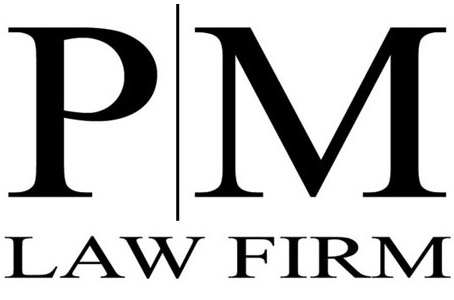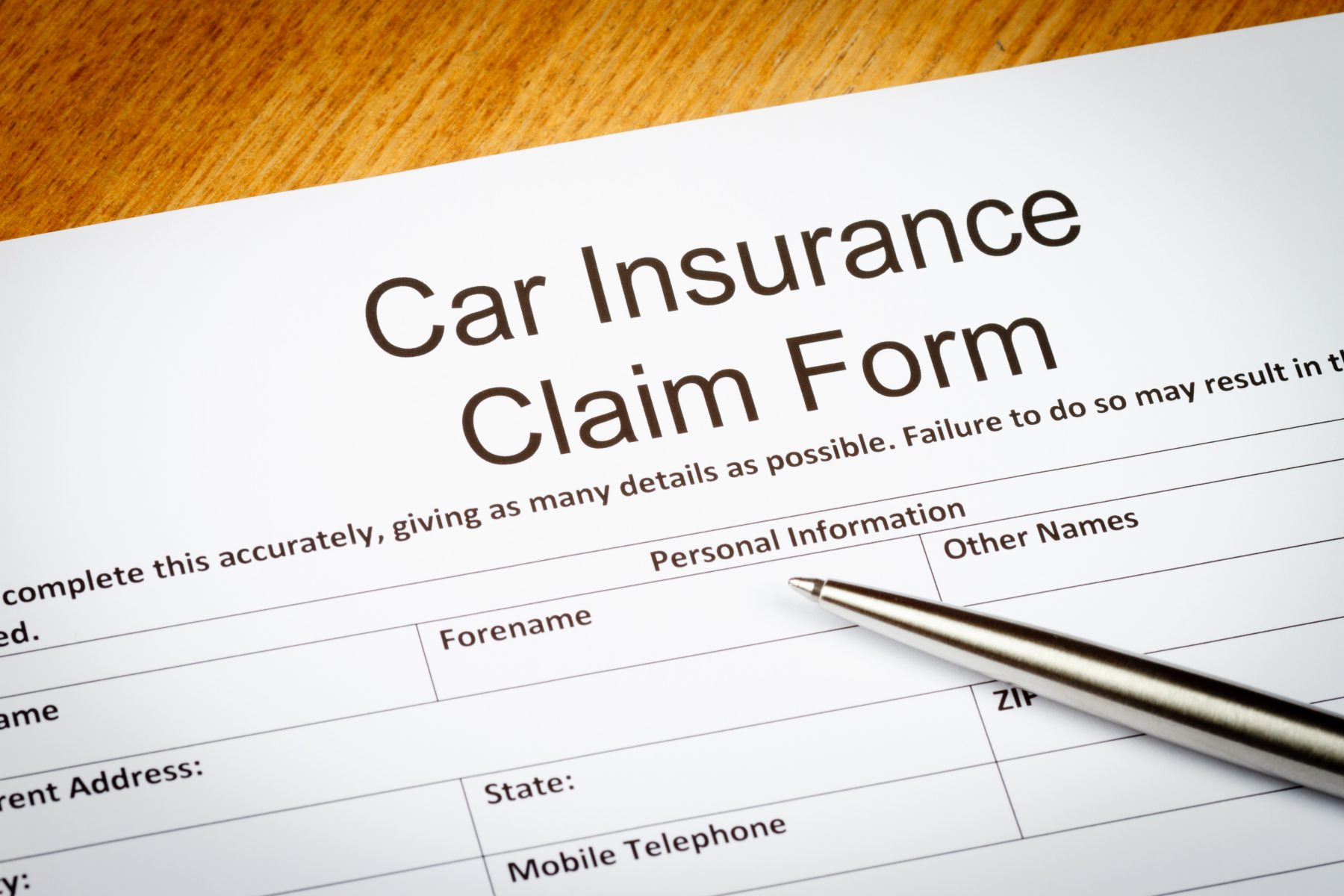After a car accident, it’s not uncommon for people to make a mistake that impacts their ability to receive the full compensation they deserve. For example, a victim often feels they haven’t been injured and go directly home or want to apologize for what just happened. These mistakes are simply human nature, but they can impact a legal case. An experienced lawyer can help navigate the challenging waters ahead.
Mistake #1: Admitting Fault
Even if you think you may have caused the accident, don’t admit fault; doing so puts you at risk of losing any compensation you might have otherwise been entitled to receive. In addition, Texas is an at-fault state, which means whoever is responsible for the accident is also liable for harm done—as such, admitting fault prematurely threatens the odds of a justified case.
Insurance
Discussing the situation with a car accident attorney before admitting fault to anything is important. If you accept blame, the insurance companies have legal responsibilities under Texas law to cover damages. That means your insurer will have to pay for any damaged property, including that of the other party. Remember, the other party’s insurer wants you to admit fault to ensure the liability falls on you.
Avoiding Admitting Fault
It’s not uncommon to feel immense pressure after a car accident. After all, a lot is going on, and it may seem wise at the time to apologize and admit fault; under most circumstances, it’s the most reasonable and responsible course of action. Yet, this seemingly innocuous action reduces your chance of receiving compensation and runs the risk of increasing your insurance premium.
To avoid admitting fault, you can:
- Avoid polite apologies
- Tell the police objective, truthful details about the accident
- Hire an experienced attorney before talking to insurance adjustors
Mistake #2: Not Seeking Medical Help
It’s natural to feel overwhelmed in the rush of events following a severe accident. In fact, between figuring out alternative transportation, repairing your car, and insurance-related tasks, it’s tempting to forego medical treatment when you’re not feeling unusual. Still, undergoing a medical evaluation is one of the best ways to care for yourself after an accident.
Treatment and Documentation
Some injuries may not be symptomatic for several days, and it’s crucial to receive an accurate diagnosis to start any necessary treatment in a timely manner. In some cases, such as those where a victim has unknown internal injuries, failing to see a doctor can lead to an avoidable medical emergency.
You’ll also receive official medical documentation of any injuries you have after undergoing an evaluation from your doctor. In addition, these documents causally connect your injuries with the accident, which means the examination proves the accident caused damage to your body. Without this paperwork, an insurer is likely to argue that the extent of your injuries are exaggerated or existed before the collision.
Doctor’s Recommendations
Not only should you seek medical treatment, but you should also follow any recommendations your doctor has for treatment. That means taking prescriptions, following rest orders, undergoing any required physical therapy, and taking time off from work or school. Don’t miss follow-up appointments, either; it may be tempting to ignore recommendations when you’re feeling better, but the insurance companies can use noncompliance against you in a legal case.
Mistake #3: Failing to Document and Gather Evidence
Following a car accident, documenting and gathering evidence as soon as possible is the best way to protect your legal rights under Texas law. That way, you’ll be more than prepared if you will make a claim against another driver for personal injury or property damage. Here are a few examples of the types of data that can prove essential to your case:
Photographs of the Accident
If you’re in a position to safely leave the car and take pictures with a camera or phone with a camera, start with photos of the accident scene. Take pictures from as many angles as possible, including both faraway and close-up shots; it’s impossible to know in the moment which angle will best illustrate what happened, so having as many photos as possible will only help with understanding.
If either vehicle left skid marks, take faraway shots of those; these photos can establish other essential data. You may also want to take pictures of any stop signs, yield signs, traffic lights, or other traffic control devices involved at the scene; it should be clear in your photos who was at a stop sign or who had the light.
Photographs of the Affected Vehicles
You should also take plenty of photos of all vehicles that were involved in the incident. As with the scene, you will want pictures of damage from afar and up close; the vehicle damage can tell the insurance companies and juries plenty about how fast the drivers were going, how the car accident happened, and who was at fault, so take many good pictures.
Driver and Witness Contact Information
Most people already know this, but it bears repeating; don’t let the other driver leave without identifying himself, if possible. However, if the other driver hits your car and drives away, don’t chase them; record the license plate and contact the police instead. But if a driver stops and claims he doesn’t have his license with him, you can ask for any official documentation that would have his name and address, like an insurance card, the car registration, or even a credit card.
Likewise, neutral witnesses can be crucial for a legal case. If you know another driver or pedestrian who witnessed your accident, try to get their contact information as well.
Official Reports
If the police come to the scene, they’ll prepare an official report with all the information you’ve gathered. Under Texas law, this is a public record, and you have an absolute right to obtain a copy of it; doing so can prove helpful to a potential legal case.
Mistake #4: Not Talking to the Poice
Some people think they should never talk to the police, no matter what. However, contrary to popular belief, getting an officer involved at the scene and discussing it with them is a necessary action following an accident.
Typically, a police report is the first thing your attorney wants. Not only does this document include vital clues regarding who is at fault, but witness statements included in this report can also hold others to their stories. Say, for example, a neutral bystander saw your accident and made a statement; this testimony can strengthen your case, and the police report will have contact information for your legal team to reach out with.
When a Police Report is Required
A police report is more than an important part of your legal case; depending on the circumstances, such as a fatal crash, you may be required to have one. Under Texas law, you are required to file a police report if, in the accident:
- There is more than $1,000 in property damage
- Someone is injured or killed
Neglecting to report a severe crash complicates your accident case and can leave you open to charges. If you see blood or an injury after a collision, you should immediately call 911 and get an ambulance and an officer.
Even if you’re not required to file a report, not having one can damage your case. Without a police report in hand, the insurer and possible jury may question why; this scenario could make it more challenging to earn your full compensation.
Getting a Copy of the Police Report
After the police finish writing the report, you should get a copy for the claims process. You will need to purchase the report via written request to obtain a copy. However, if you’ve hired an experienced attorney to manage the case, they’ll handle it while you recover.
Mistake #5: Accepting the First Offer
After an accident, the at-fault driver’s insurer handles personal injury claims. You should remember that these private companies are driven by profit, prioritizing money over all else. So you should not expect them to deal as fairly as you’d like; insurance companies traditionally do their best to reduce how much they must compensate you. As such, it’s wise to be wary of any early settlement offers.
Response Options
The first settlement offer is typically just that—a first. What are your options?
- Remember the first settlement offer is only the first of perhaps several that are part of the negotiation process. It’s rarely a good idea to accept the first offer.
- You can put together a demand letter and make a counter-offer without worrying that the insurer will “revoke” its initial offer.
- Understand the full scope of your injuries and losses before accepting any offer.
The First Offer
Assuming the at-fault driver is insured, the settlement offer comes from his insurance company with your lawyer serving as the intermediary. Sometimes, the settlement offer can come from your insurance company if you’re filing a claim through uninsured motorist coverage or under similar circumstances.
When evaluating the first offer, remember these critical points:
- It’s almost always a very low offer compared to what your accident claim is actually worth.
- It’s almost always too early in the process to correctly capture damages and losses. For example, you may not be done recovering from your initial injuries and have no understanding of your claim’s fair value.
- It’s almost never the final offer.
As with any negotiation process, the first offer is a kick-off. However, the insurance adjuster’s priorities revolve around the company’s bottom line, so they will always do everything they can to minimize the final number.
Don’t Settle Early
As we’ve said, the first settlement offer is usually too early in the claim to have captured the true extent of its value; it often comes from the insurance company before you’ve finished medically treating your injuries. The hope is that you’ll readily accept a quick, early payment so that they can close the claim and any future responsibility for compensation for good.
When you agree to a settlement after a collision, before receiving your check, you must sign a release form that, as the name suggests, requires you to release your right to seek further compensation or take additional legal action regarding the underlying car accident.
In other words, even if it turns out that you’ve suffered far worse injuries than you realized, and even if your claim is worth 10 times the settlement amount, once you’ve signed that document, you no longer have the right to further compensation. Of course, insurance adjusters know this and hope to take advantage of the fact that you might not. As such, it’s crucial to have an attorney review your case before signing any release documents.
Mistake #6: Not Hiring an Experienced Attorney
No law mandates you to hire a lawyer after an accident, but it’s a good idea to bring in experienced help, especially if you’ll be filing a personal injury claim. For example, your policy might not cover losses from an uninsured motorist; this scenario is when you may seek a lawsuit to obtain the remainder from the negligent driver.
Several factors are essential to pursuing any lawsuit. For example, your injuries must have resulted in real losses demonstrated through documentation. An experienced attorney can ensure this process goes correctly.
Contact PM Law Firm Today for Texas Car Accident Representation
Although it’s not required, you have the right to hire legal representation anytime throughout the insurance claim process or in pursuit of a personal injury claim. If you’ve been injured in an accident, our skilled attorneys at PM Law Firm are ready to assist.
We are experienced Texas lawyers dedicated to providing the residents of Humble, Kingwood, and Atascocita TX with exceptional legal representation in unexpected scenarios. We provide personalized legal service to every client, so contact us today to find out how we can help you.

